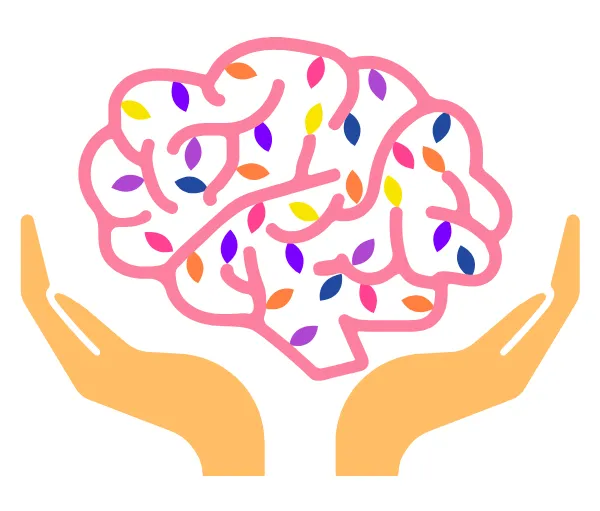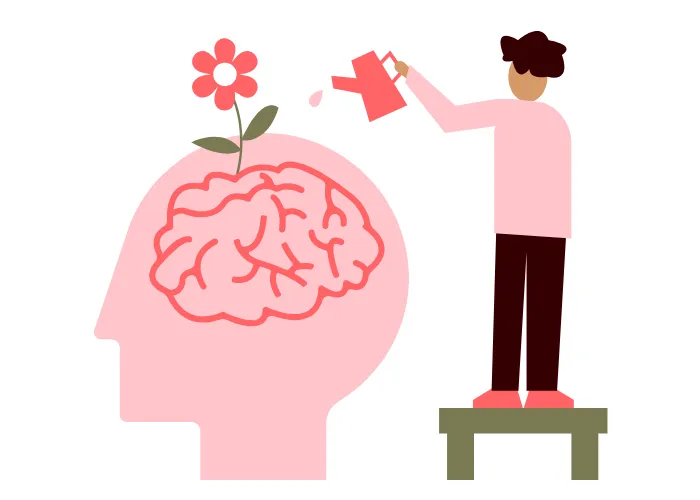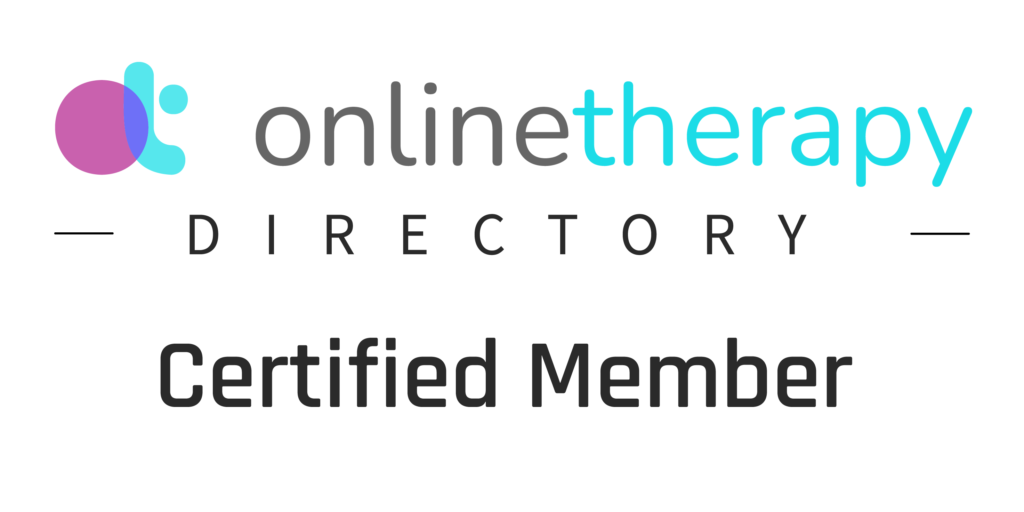
Mental wellness is a journey, not a destination. In a world full of challenges, maintaining mental health is as vital as caring for physical health. Therapy serves as a transformative tool on this journey, helping individuals understand themselves better, heal from past wounds, and thrive in the face of adversity. This blog explores how therapy can be a life-changing experience, shedding light on its profound impact on emotional and psychological well-being.

What is Mental Wellness?
Mental wellness isn’t just the absence of mental illness; it’s about thriving emotionally, socially, and psychologically. It encompasses:
- Emotional Balance: Managing feelings effectively.
- Resilience: Coping with life’s ups and downs.
- Positive Relationships: Building and maintaining meaningful connections.
- Self-Awareness: Understanding one’s values, goals, and purpose.
Achieving mental wellness requires consistent effort, and therapy plays a pivotal role in this process.

How Therapy Transforms Lives
- Understanding the Root Cause
Many mental health challenges stem from unresolved past experiences. Therapy provides a safe space to explore these issues, helping individuals uncover and address the root causes of their struggles. - Breaking Unhealthy Patterns
Habits like self-doubt, negative thinking, or poor coping mechanisms can be deeply ingrained. Through therapy, individuals learn to identify and replace these patterns with healthier alternatives.
3. Building Emotional Resilience
Therapy equips individuals with tools to manage stress, anxiety, and other challenges. Over time, it fosters resilience, enabling them to bounce back stronger from life’s adversities.
4. Enhancing Self-Esteem
Therapy encourages self-acceptance and self-compassion, helping individuals build a positive self-image and confidence in their abilities.
5. Improving Communication
Many interpersonal conflicts arise from miscommunication. Therapy helps individuals express themselves clearly and empathetically, enhancing their relationships.

Types of Therapy: Finding What Works for You
Therapy isn’t one-size-fits-all. There are various approaches, and finding the right one depends on individual needs:
- Cognitive Behavioral Therapy (CBT): Focuses on changing negative thought patterns.
- Psychodynamic Therapy: Explores unconscious processes and past experiences.
- Humanistic Therapy: Centers on self-growth and self-actualization.
- Mindfulness-Based Therapy: Combines therapy with mindfulness practices.
- Couples or Family Therapy: Addresses relational dynamics within families or partnerships.
Each type offers unique benefits, and a licensed therapist can guide individuals in choosing the best fit.
Overcoming Barriers to Therapy
Despite its benefits, many hesitate to seek therapy due to misconceptions, fear of judgment, or financial concerns. Here’s how to overcome these barriers:
- Normalize Therapy: Understand that seeking help is a strength, not a weakness.
- Explore Affordable Options: Many therapists offer sliding-scale fees, and community programs often provide free or low-cost counseling.
- Leverage Online Therapy: Virtual sessions offer convenience and affordability while maintaining privacy.
- Educate Yourself: Learning about therapy can reduce fear and uncertainty.
The Role of Society in Supporting Therapy
Creating a supportive environment for therapy is essential. Schools, workplaces, and communities can:
- Promote mental health awareness.
- Provide access to resources and support systems.
- Encourage open conversations about mental wellness.
By fostering a culture of acceptance and understanding, we can make therapy accessible and appealing to everyone.
Therapy is more than a treatment; it’s a transformative journey toward mental wellness. It empowers individuals to embrace their true selves, overcome challenges, and lead fulfilling lives.
Whether you’re seeking clarity, healing, or growth, therapy can be a guiding light on your path to wellness. Remember, the first step is the hardest, but it’s also the most rewarding. Take that step today and unlock the power of transformation.




